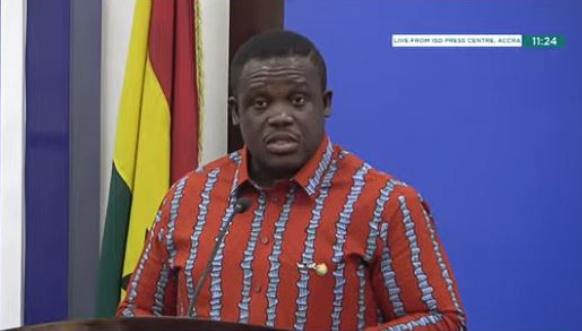Communications Minister Sam George, has dismissed DStv Ghana’s justification for refusing to impose a 30% price cut on subscription fees.
Responding to Multichoice’s statement, Sam George said their position only reinforces his long-standing view that the company does not take the concerns of Ghanaians seriously.
According to him, DStv’s posture in Ghana sharply contrasts with how it operates in other African countries, particularly Nigeria.
He recalled how the same Multichoice Group, which owns DStv, was compelled to reverse price hikes in Nigeria after the matter was taken up by the country’s House of Representatives.
In that instance, Nigerian authorities pursued legal action against the company and directed a suspension of the intended price increase. DStv complied without hesitation.
Sam George questioned why the Ghanaian market should be treated any differently.
He pointed out that in April 2025, when the Ghanaian cedi had appreciated by nearly 10% against major foreign currencies, inflation had declined significantly, and fuel prices had dropped, DStv still went ahead to increase its subscription fees by 15%.
He further disclosed that DStv proposed an alternative solution, suggesting that it could retain the current subscription prices but suspend transferring the revenue to its international headquarters.
Sam George noted the offer was outright rejected, describing it as illogical and out of touch with the concerns of Ghanaian subscribers.
In his view, the core issue is about affordability and fairness, not about where the revenue sits. He stressed that Ghanaians should be paying a fair rate for the services they receive, especially in the face of improving economic indicators.
Sam George also acknowledged the impact of the standoff on DStv’s Ghanaian staff but urged them to understand that the broader national interest must take precedence.
He reiterated that he remains open to meaningful dialogue with the company, but only if such discussions focus squarely on lowering prices for the Ghanaian market.
Any conversation that fails to address this fundamental concern, he said, would be irrelevant.



